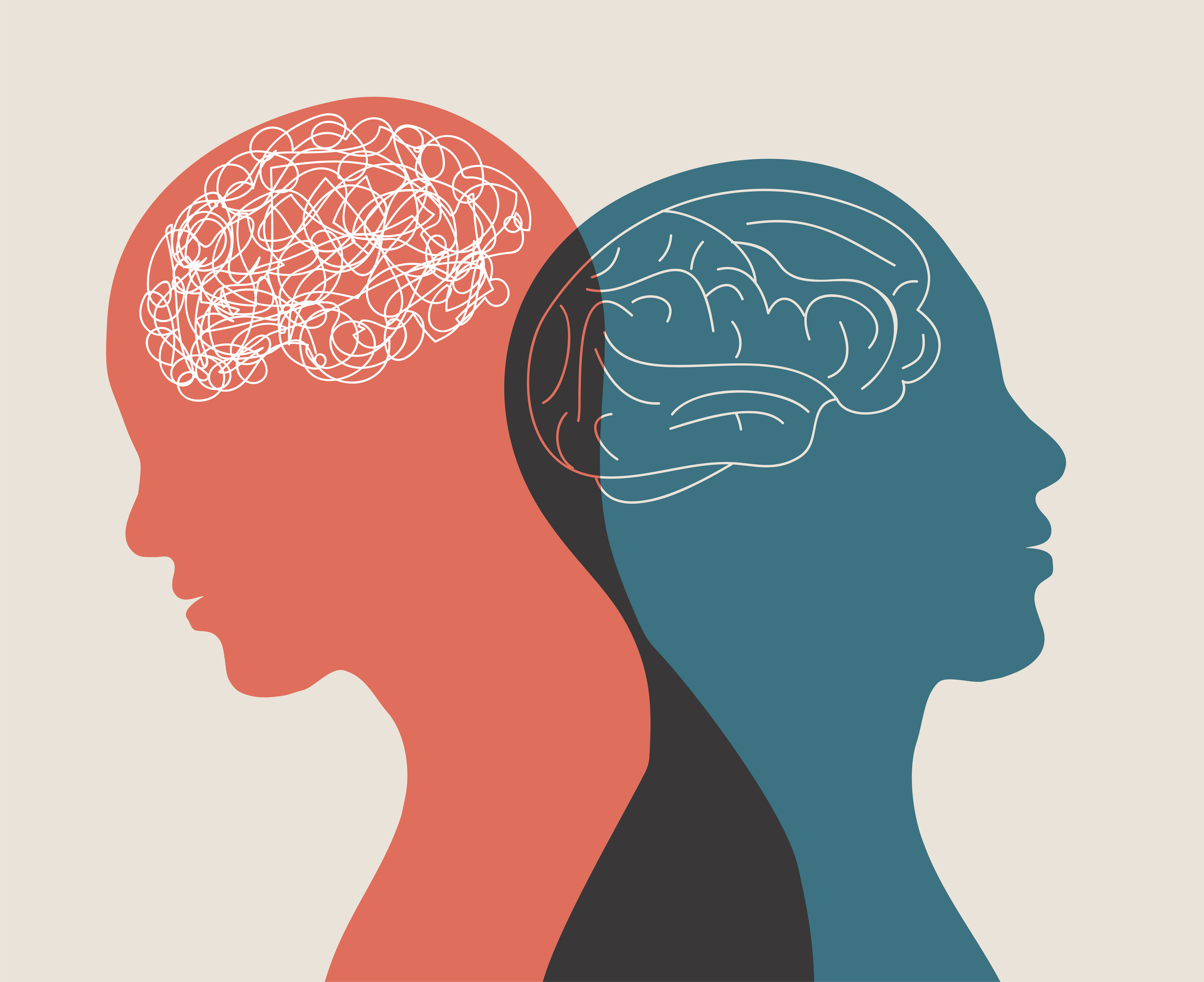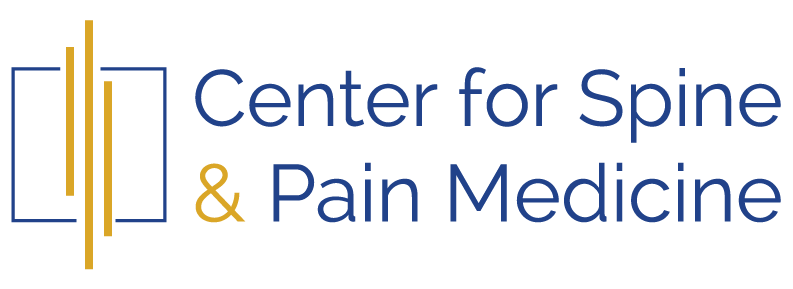
07 Apr Navigating the Emotional Aspects of Pain: Mental Health and Pain Management
Introduction
Pain, often perceived as a mere physical discomfort, can have profound implications for our emotional and psychological well-being. Chronic pain, especially, can cast a dark shadow over one’s mental health, leading to depression, anxiety, and feelings of isolation. To truly understand pain management, we must appreciate its multidimensional nature and address both its physical and emotional facets.
Pain: A Multifaceted Experience
The Mind-Body Link:
The intimate connection between our mental state and pain perception is undeniable. Stress, anxiety, and other emotional challenges can exacerbate pain, creating a feedback loop that is difficult to disrupt. Recognizing this dynamic is the first step toward holistic treatment.
The Emotional Domino Effect:
Persistent pain can lead to a cascade of emotional reactions. Beyond the immediate physical discomfort, feelings of hopelessness, irritability, and even depression can emerge. Addressing these intertwined issues becomes essential for a comprehensive healing process.
A Closer Look at Pain Regions and Emotional Counterparts
Head & Neck:
Chronic tension headaches, often rooted in emotional stress, can evolve into debilitating migraines. Emotional disturbances, be it work-related stress or personal anxieties, often manifest as tension in these areas. Addressing the emotional root can significantly reduce physical symptoms.
Back & Spine:
The back, our body's core pillar of support, mirrors our emotional state. Persistent pain here, often triggered or exacerbated by emotional strain, can make daily tasks a monumental challenge. Feeling incapacitated can foster feelings of desolation and vulnerability, further deteriorating one's mental state.
Shoulder & Arms:
Injuries and chronic pain in these regions can compromise one’s independence. The subsequent dependency can be mentally taxing, leading to lowered self-esteem and heightened frustration. Understanding the mental repercussions of such physical ailments is key to effective pain management.
Hips, Legs & Knees:
Impaired mobility due to pain in these areas can foster feelings of entrapment. Over time, as physical activities diminish, there's an increased risk of depression and feelings of confinement. Addressing both the physical and emotional dimensions becomes essential for genuine relief.
Whole Body:
Disorders like fibromyalgia affect the body systemically, inducing both physical and emotional fatigue. The pervasive nature of such conditions can leave an individual emotionally drained, leading to mood swings and heightened stress levels.
Integrating Pain Management with Mental Health
Therapeutic Interventions:
Integrative treatments such as cognitive-behavioral therapy (CBT) go beyond just managing pain. They equip individuals with the skills to tackle both the pain and its emotional ramifications. By reshaping negative thought patterns, CBT offers a way out of the painful feedback loop.
Mindfulness and Meditation:
These practices can drastically improve one's relationship with pain. By fostering self-awareness, individuals can better discern the emotional triggers of their pain. Regular practice can lead to improved emotional regulation and a deeper sense of inner harmony.
The Power of Community:
Never underestimate the healing power of shared experiences. Support groups offer a sanctuary where individuals can voice their challenges, derive solace from others' journeys, and build connections that act as pillars of strength.
Conclusion: The Holistic Future of Pain Management
The landscape of pain management is evolving, now embracing a more rounded approach that addresses both the body and mind. At the Center for Spine & Pain Management, we advocate for this encompassing view. We believe that true healing lies in understanding the intricate dance between physical discomfort and emotional turmoil.
For those seeking a journey toward holistic healing, the Center for Spine & Pain Management is here to guide and support you every step of the way. Visit our website cspmpain.com or do give us a call:
Dalton, GA & Chattanooga, TN: (706) 279-2635
Gainesville, GA: (678) 450-1222.


